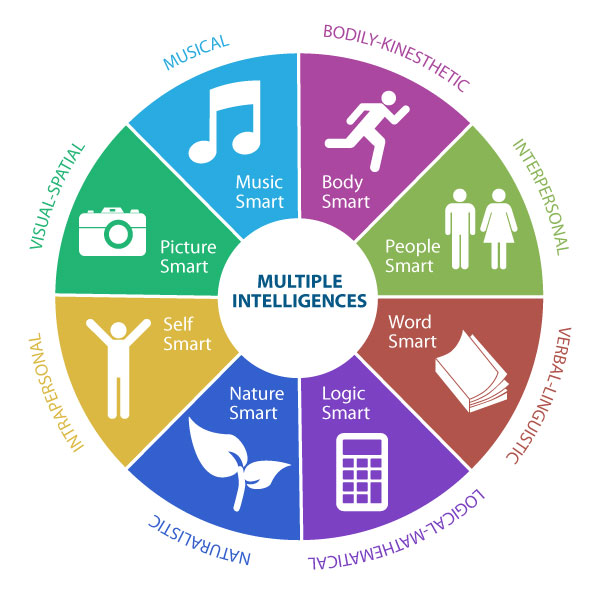Technology for Entertainment vs Technology for Education
I read Neil Postman's The Disappearance of Childhood for a course I took for my education degree about 12 years ago. Other than reading that book and reading a few articles that either reference Postman or have been written by him, I have not really dug into his theories of education too deeply. From what I gather in the quote for our blog responses this week: "...We know that "Sesame Street" encourages children to love school only if school is like "Sesame Street." Which is to say, we now know that "Sesame Street" undermines what the traditional idea of schooling represents", is that using television programs for educational purposes may not have been something that he would have supported. I did read on http://neilpostman.org/ that his book Amusing Ourselves to Death is "a screed against television and how it turns everything into banal entertainment - including education and news", and I hear this message in his reference to "Sesame Street". I'm not sure I completely agree with his point of view.
My first thought when reading the quote by Postman in regards to "Sesame Street" was that all children learn in different ways. I actually thought of Gardner's Theory of Multiple Intelligence's pictured below.
Educational programs do have an entertainment quality to them, I believe, in order to pull in viewership. At the time that I was watching Sesame Street there were other shows like Mr. Dress-up (which happened to be my favourtie!), Mr. Rogers, The Muppet Show, etc. that could essentially steal viewership. Education had to be entertaining so that the show could continue to air. However, I do not feel that the entertainment qualities distracted from actual learning that was shared on the show. I think that because learning occurs in all aspects of daily life, and a child's education did not depend solely on watching Sesame Street (I hope!), more could be garnered from the show than just the entertainment piece. Going back to Gardner's Multiple Intelligence's Theory, students learn in multiple ways. It is quite possible that the interactive aspect of shows like Sesame Street (sing a-longs, actions) are exactly what some students need for learning.We have yet to venture into the BYOD (bring your own device) debate at our school. I know that students can have devices at school; however, I believe that they are not to use them during school time. At this point students are welcome to use the devices - Chromebooks and sometimes iPod touches for learning that the school/division provides but are not able to use their own devices. I teach at the lower elementary level and the BYOD scenario has not been brought forward as of yet. I have had students bring phones to school for communication with family members after school, but they do remain in their locker during the school day. In my school we do not have a 1:1 ratio of devices and students so it can be a challenge if teachers need students to be on devices at the same time. A BYOD policy would eliminate that; however, I feel it could create a 'who has what and who does not have' of the best devices and latest technology.
I think tools like Khan Academy and YouTube allow us to think that school can happen anywhere and in a variety of ways. Teachers are seen more as facilitators of learning as opposed to providers of knowledge and tools such as these support that.




Comments
Post a Comment